How Putin’s bombers are raising the stakes
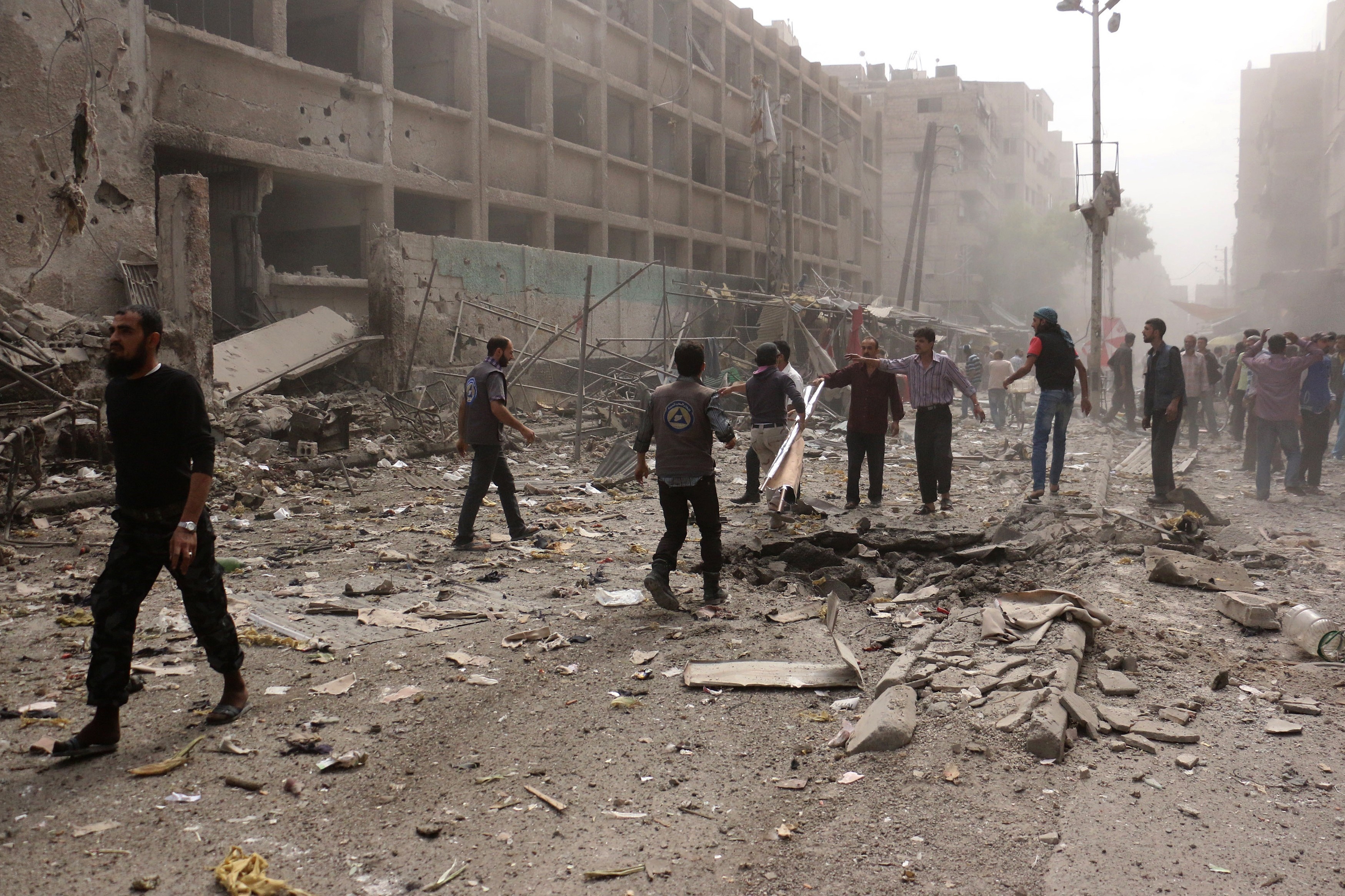
The Russian President has added an extra element to the troubled Middle East by launching his jets on rebel and Islamic State targets in Syria
Published 14 October 2015
Russian President Vladimir Putin has upped the ante in Syria by expanding Russia’s commitment to the government led by President Bashar al-Assad.
Previously Russia had sided politically with Assad, deflecting attempts at involvement through the United Nations that might have threatened the Syrian government’s hold on power. Russia had also maintained a naval facility at Tartus on the Mediterranean coast, symbolizing the Russian-Syrian link rather than being directly relevant to the Syrian conflict.
Russia is now conducting bombing operations in Syria, targeting the Syrian opposition initially but extending also to Islamic State (IS); there is also the prospect of some Russian ground forces entering the conflict.
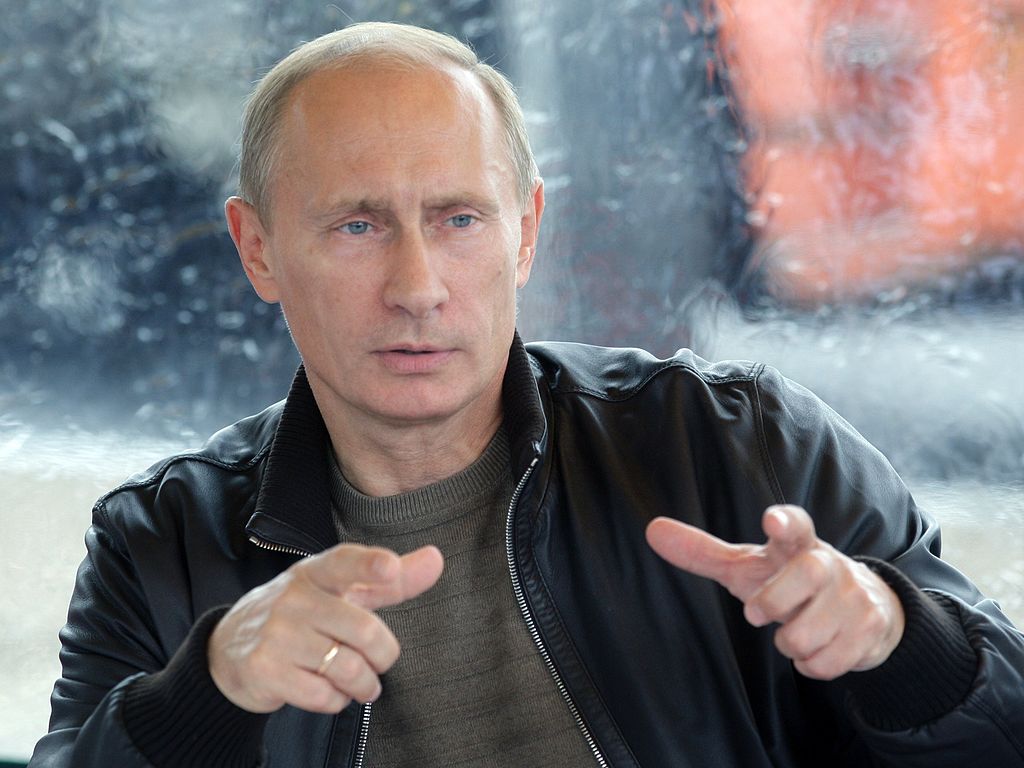
Putin set out Russia’s ostensible position in his address to the UN General Assembly on 28 September 2015. Essentially, Russia wants to ensure the Assad government remains in power. This would allow Russia to maintain an important voice in the Middle East.
Russia also argues that a strong Syria is vital in combating the Islamic State: the Assad forces are the best option in terms of combating IS on the ground. Putin argues the US-led efforts have been ineffective in this respect.
In targeting the Syrian opposition, Russia has argued the jihadist element in that opposition is the group of most concern (that is, the al Qaeda linked al-Nusra). From Russia’s perspective the choice in Syria is between the legal government led by Assad, and IS and al-Nusra as two versions of jihadism.
Russia’s own problems
It should be noted that Russia has its own problems with jihadist Muslims joining IS. The advance of IS is threatening for Russia’s own domestic stability, not just in the North Caucasus but throughout the Russian Federation. The past conflict in Chechnya and atrocities such as the Beslan massacre in September 2004 come to mind.
Russian policy in Syria is also indicative of a refusal to accept a US-dominated world order. This is a position shared in varying ways by the BRICS countries (Brazil, Russia, India, China, South Africa).
While the Russian position in this respect is now manifesting itself in the Middle East, it is also the outlook that underpins Russian policy in relation to Ukraine, where Russian policy is more directly engaged. Russia is negative about the way NATO and the European Union expanded into former Warsaw Pact countries and indeed into the Baltic states that had been part of the Soviet Union.
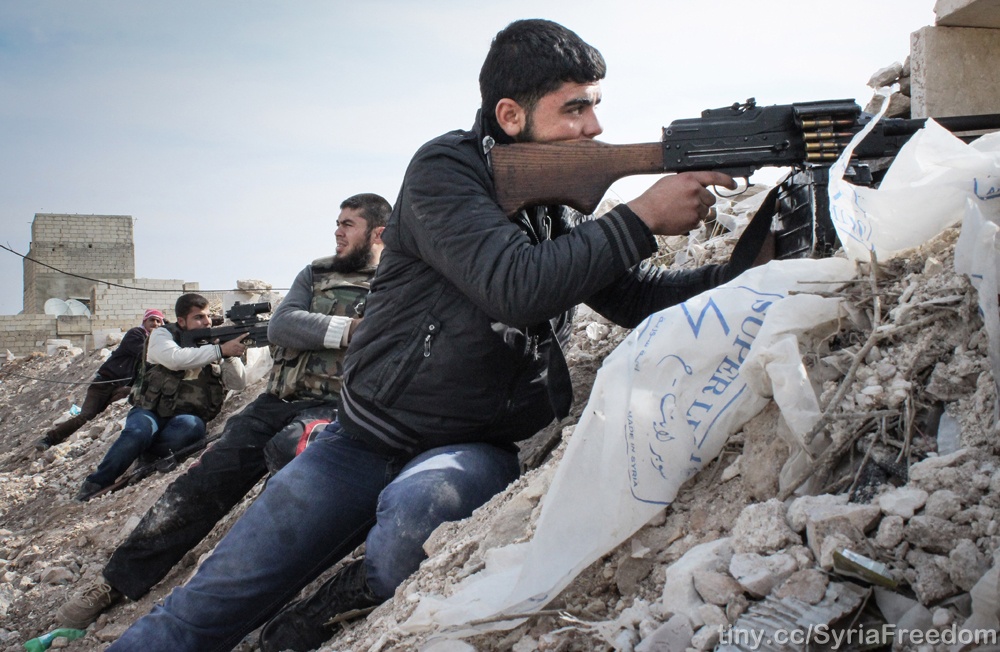
In relation to Syria, the parties that will be most positive about Russian policy are Iran, Iraq and Hezbollah, the major Shia Muslim party in Lebanon. These three parties see the survival of the Assad government as important for their own interests; although Assad is not Shia himself and characterizes himself as a secular nationalist, Syria under his rule has been part of a Shia-dominated axis in the Middle East.
The parties that will be most negative are the Sunni-dominated governments of Saudi Arabia and Qatar, and also Turkey. These three governments have supported the Syrian opposition, their position in relation to the Sunni-dominated IS being ambivalent at times. Saudi Arabia in particular sees itself as the leading Sunni power in the region, opposing Iran and states and groups linked to Iran such as Syria.
Support for ‘moderate’ elements
In the case of Turkey it is concerned that advances by Syrian Kurds will boost the position of Kurds within Turkey.
Western governments such as the US have given support to “moderate” elements of the Syrian opposition, with the US, some US allies (such as France, Australia and Canada), and some Arab countries (Jordan, Saudi Arabia, Qatar, Bahrain, United Arab Emirates) conducting bombing operations against IS in Syria.
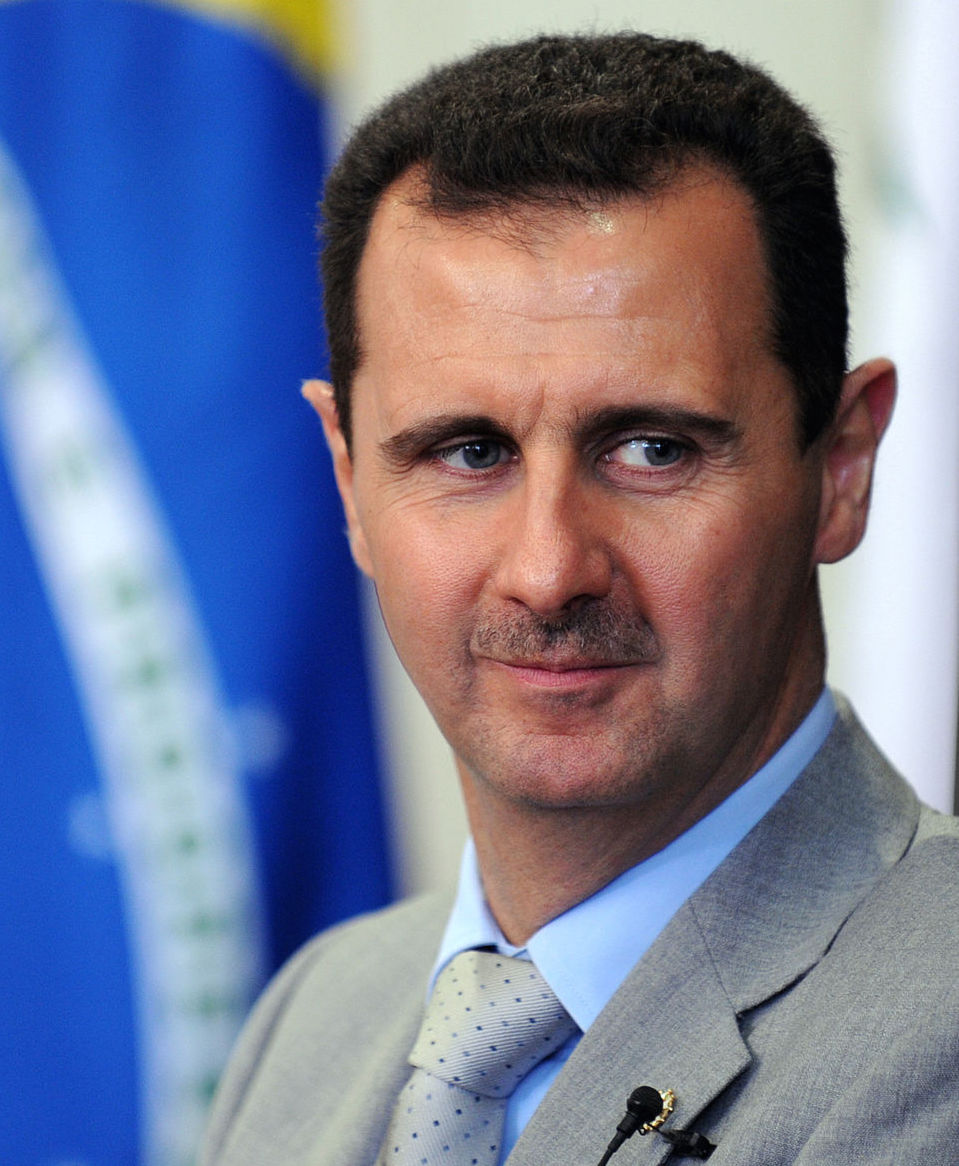
The problem is that the “moderate” opposition is so weak and the bombing operations against IS appear to have had little impact.
If the Russian ploy does weaken IS this would be in the US (and Western) interest.
At the same time the Assad government would be strengthened, leaving the US in a “lesser of two evils” situation. It could choose to give (clandestine) support to the Syrian Kurds as an alternative fighting force but that would certainly complicate US relations with Turkey. Whether Saudi Arabia would go along with de facto US cooperation with Russia is also debatable.
The US also needs to manage its relations with Iran, that relationship being important not only in Syria but as a factor in stabilizing the situation in Iraq.
The US would also need to manage its relationship with Israel regarding the emerging situation in Syria. Israel’s interest is in a weak Syria. This takes pressure off Israel over the issue of the Golan Heights, taken from Syria at the time of the 1967 war and then annexed in 1981 (but without international recognition).
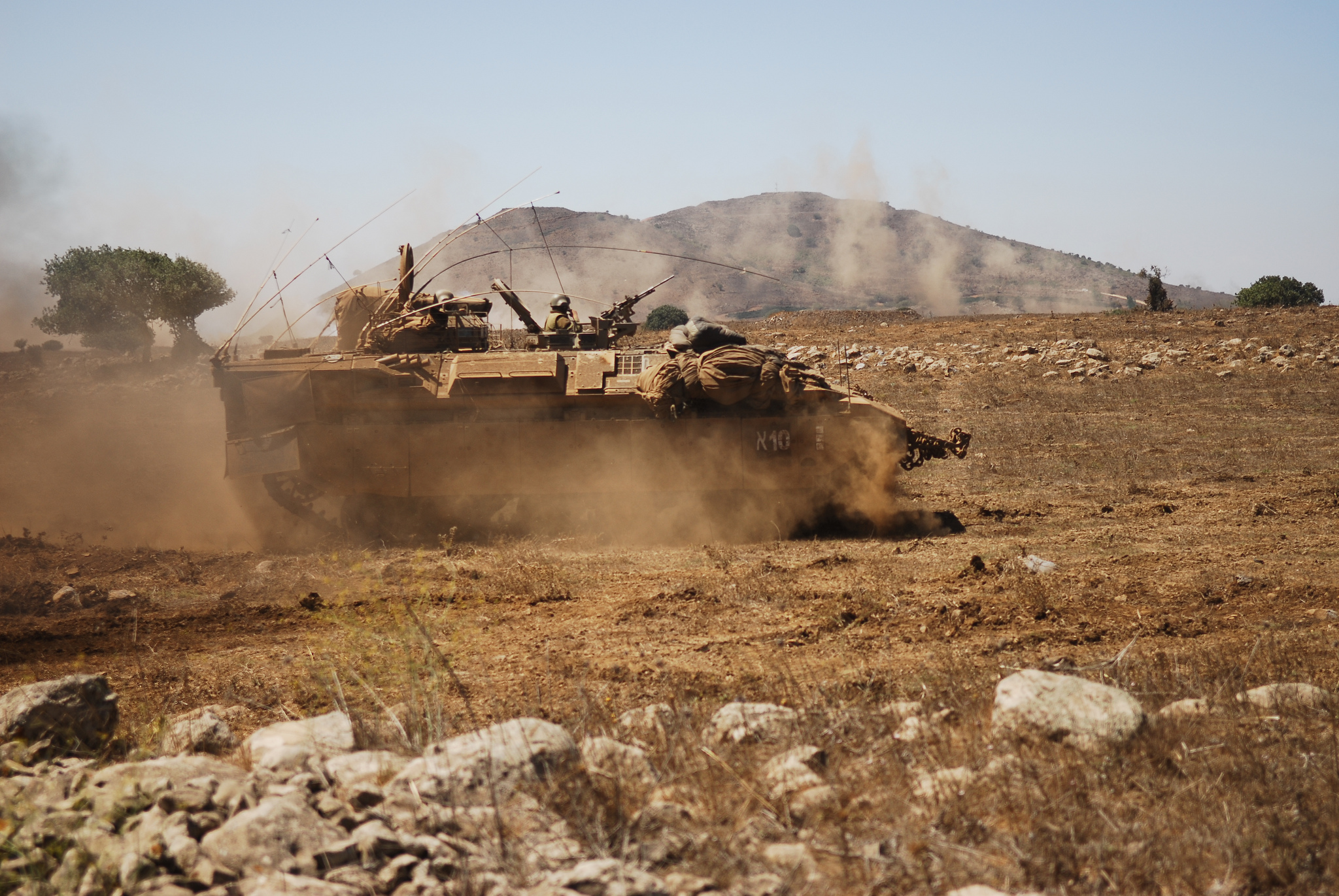
A strong Syria under Assad would be more insistent on the return of the Golan and could also support Hezbollah in Lebanon (with whom Israel went to war in 2006); Syria’s link to Iran is anathema to Israel.
At the same time Israel’s security would be greatly threatened should Syria come under the domination of IS or any other extremist group.
Israel would use its links with the US, Saudi Arabia and Turkey to try to influence the situation in Syria. Israel will attempt to influence Russia directly over this issue; Netanhayu’s visit to Moscow on 21 September 2015 was indicative of this.
Weakened opposition
It is too early to tell how heightened Russian involvement in Syria is likely to play out. At this stage it appears the Syrian opposition will be weakened and the Assad government will be strengthened. A political settlement is one possibility to confirm the end of that dimension of the conflict in Syria. This would probably require the involvement not just of the Syrian parties but of all the major regional players and the major non-regional powers, most notably Russia and the US.
If the Assad government should consolidate its position vis-à-vis the Syrian opposition there will also be the issue of how that government, supported most notably by Russia and Iran, will then combat IS, and whether such a campaign will ultimately succeed.
The most pessimistic scenario is that the Syrian conflict, allowing for variation in its various elements, will continue as a “quagmire” for all concerned. Alongside the political complexities I have outlined, there will be unending human suffering.
Banner image: Residents inspect the area after Syrian army jets bombed residential areas in the Ein Tarma district of Damascus on October 13, 2015. Picture: Getty Images/Anadolu Agency
